Best Whole Food Plant-Based Diet Food List
Anyone new to the whole food plant-based lifestyle knows that learning to shop and cook differently can be a challenge. This whole food plant-based diet food list serves as an essential guide for beginners, covering the basics of how to start eating clean and plant-based. It provides a curated selection of staple ingredients to help you easily transition to a healthier, whole food lifestyle.

Starting a new way of life and health is like beginning a journey, so it’s helpful to have a map. This is a new adventure to a whole food plant-based diet, and I was completely unprepared for all the changes when I began a few years ago, so I’m determined to make it easier for those who come after me with this article. There is a link to a PDF copy of this list below.
We have lots of guides on this website including our list of 70+ Plant-Based Meals that can help beginners and motivate others who might be interested in the food healthy vegans eat. My plant-based diet beginner’s guide can show you how to get started!
Plant-Based Diet Food
If I could take each of you on a trip to your local grocery store and point out the most healthful products, I would. I actually used to do that locally, and it was a very rewarding experience for me to share what I’ve learned with newbies.
Since I can’t do that for most of you, the next best thing is for me to share my personal experience with a whole food plant-based diet. These are just some of your options. I believe this plant-based shopping list will give you a good idea of how to get started.
To help even more, I have a YouTube video called My Plant-Based Grocery Haul where I show you exactly what I buy and share menu ideas. Our Plant-Based Starter Kits can also help you get going on the right track!
What not to eat on a plant-based diet
First things first—let’s dive into the basics of what to skip on a plant-based diet! While vegan and whole food plant-based diets share a lot in common, they do have some key differences.
On a plant-based diet, you’ll want to avoid animal products like meat, dairy, and eggs. Plus, steer clear of heavily processed goodies with refined sugars and unhealthy fats. Think twice before reaching for white bread or sugary cereals—they’re not exactly friends with your plant-based goals. Instead, focus on whole, nourishing foods that keep your diet delicious and nutritious!
Avoid overly processed foods

Processed vegan burgers, chips, cookies, and french fries might seem like convenient plant-based options, but they’re not the healthiest choices for a well-rounded diet. These items often contain high levels of refined sugars, unhealthy fats, and artificial additives, which can lead to various health issues such as weight gain, high cholesterol, and increased risk of chronic diseases.
Despite being vegan, these processed foods can be low in essential nutrients and high in empty calories, making them less beneficial for overall health.
Instead of relying on processed vegan snacks, it’s better to opt for whole, nutrient-dense foods that provide essential vitamins, minerals, and fiber.
Fresh fruits, vegetables, whole grains, and legumes offer a healthier alternative that supports your well-being and helps maintain a balanced diet. We have lots of healthy plant-based oil-free recipes on this website that are low in fat and made with wholesome ingredients. By focusing on whole foods, you can enjoy a more nutritious and satisfying plant-based lifestyle.
Foods you can eat on a plant-based diet
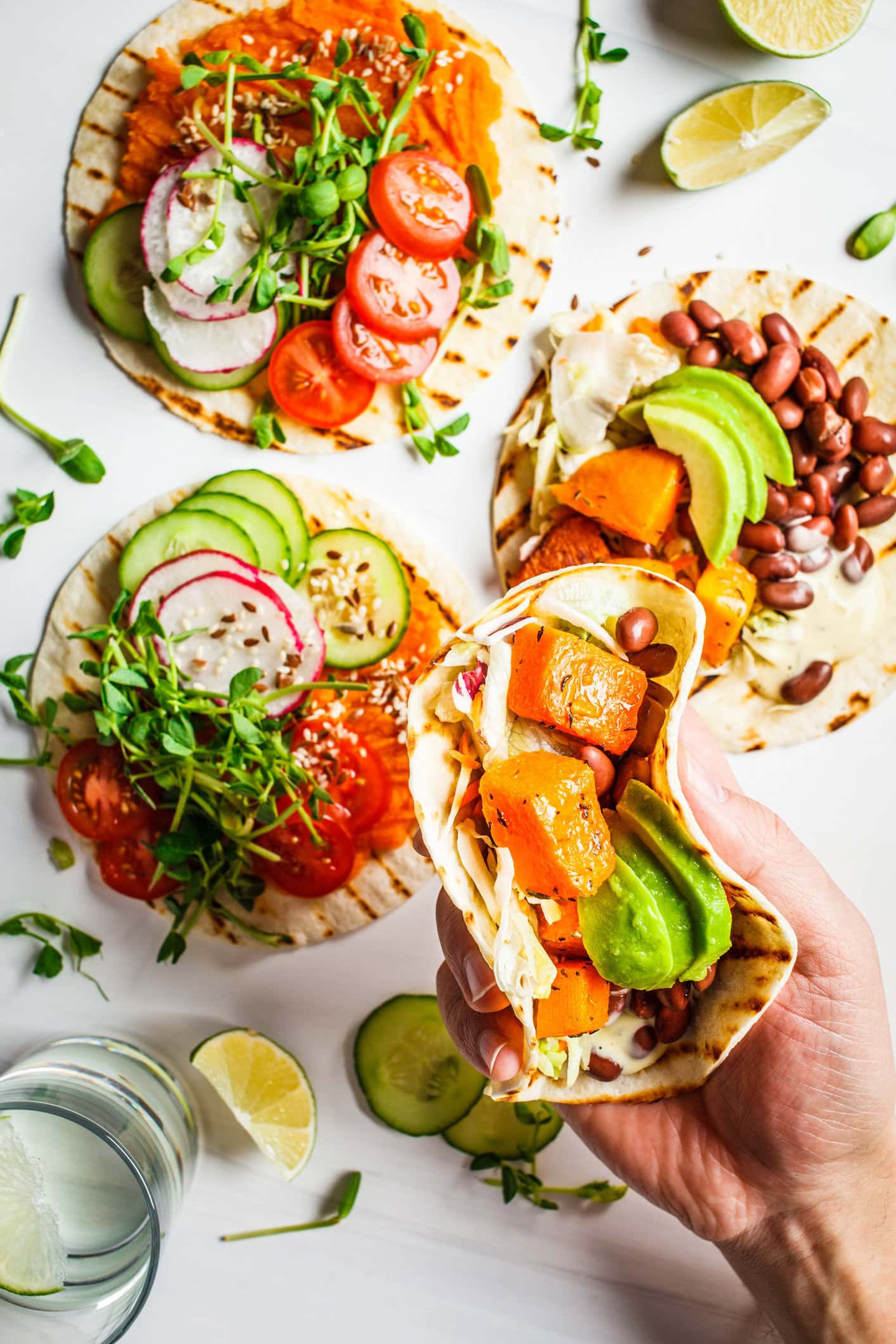
On a plant-based diet, you can enjoy a diverse array of delicious and nutritious foods that will delight your taste buds and support your health.
Fresh fruits, vibrant vegetables, whole grains, legumes, nuts, and seeds offer a wealth of flavors and textures to explore. From hearty bean soups like our vegan Mexican tortilla soup and crisp salads like this spinach fruit salad to savory quinoa dishes like my quinoa chickpea salad and sweet dairy-free fruit smoothies, there’s no shortage of tasty and satisfying options. Embracing a plant-based diet opens up a world of wholesome, plant-powered foods that can be both exciting and nourishing!
- Whole Grains – This group includes brown rice, millet, oats, barley, corn, bulgur, and all products made from whole grains including bread, cereals, pasta, and more. Whole grains are filling but have very little fat. In countries where whole grains are staples, such as rural Asia, diabetes, heart disease, and certain cancers, are much less common than in the States and Europe.
- Legumes – This group includes beans, peas, and lentils. They are hearty, high-protein foods that are rich in calcium, iron, cholesterol-lowering soluble fiber, and even traces of omega-3 fatty acids.
- Vegetables – These foods are loaded with vitamins and minerals, are very low in fat, and like all plant foods, have no cholesterol at all.
- Fruit – These are vitamin-rich and have no cholesterol. They do have natural sugar but are low on the glycemic index, except for watermelon and pineapple.
Whole food plant-based food list
A fantastic way to kick off your journey is by creating a whole-food, plant-based shopping list. This helps keep you focused and prevents those sneaky extra expenses from adding up. Think of this guide as your cheat sheet for starting a healthy, plant-based diet—essentially a peek into my pantry.
Remember, there’s no rush to grab everything at once; just start with the basics and build up as you go! I do not keep all these varieties of veggies and fruit in my kitchen all the time. Who has that kind of room? I just want to give you an idea of what is available.
Grains
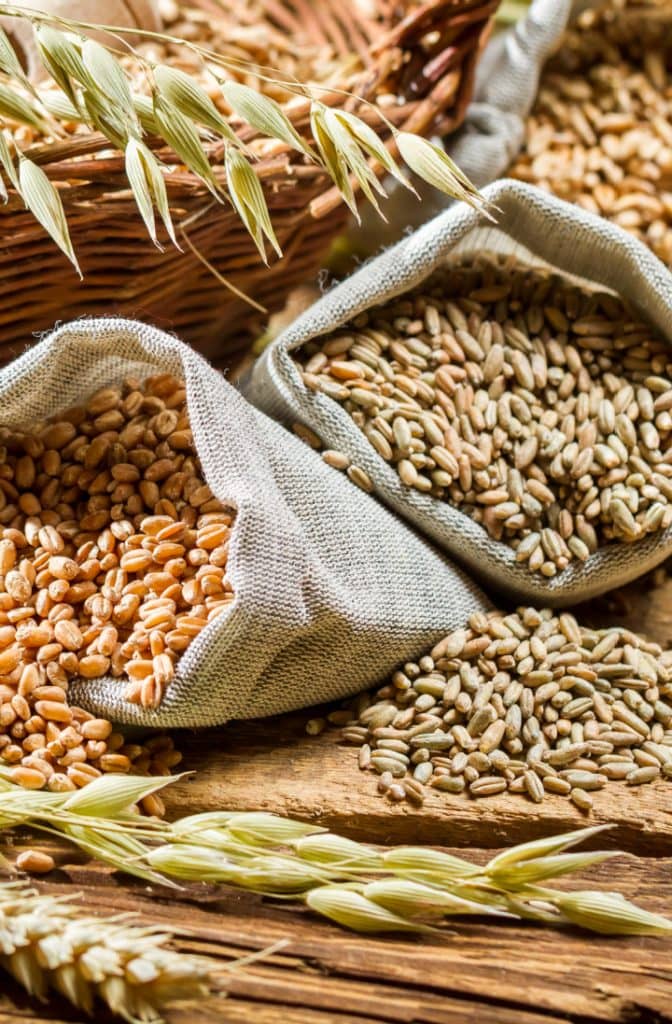
On a plant-based diet, whole grains are an excellent source of essential nutrients and fiber, helping to keep you full and satisfied while supporting overall health. They provide a steady release of energy and help maintain digestive health, making them a key component of a balanced and nutritious plant-based lifestyle.
- Old fashion oats
- Rice (brown, Jasmin, wild, etc.)
- Bulgur (a wheat grain that is great for adding texture to meatless dishes)
- Quinoa
- Barley (I add to soups and stews)
- Millet (I add to soups and stews)
- Cornmeal (for cornbread)
- Grits
- Unbleached flour (whole wheat, spelt, brown rice, barley, etc.)
- Whole-wheat pastry flour
- Pasta (whole wheat, spelt, artichoke, quinoa, etc.)
- Bread (rye, pumpernickel, spelt, etc.)
- Tortillas (corn & whole grain flour)
Legumes
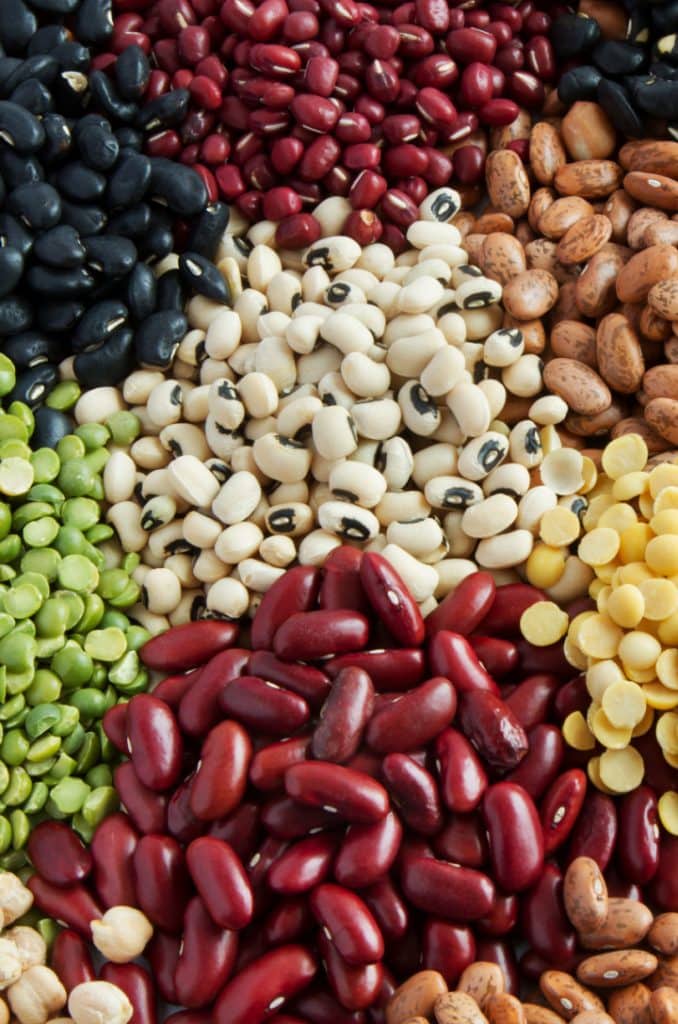
Legumes are a protein powerhouse on a plant-based diet, offering a rich source of protein, fiber, and essential nutrients like iron and potassium. They help maintain muscle mass, support digestive health, and keep you feeling full and energized, making them a crucial part of a well-rounded plant-based meal plan.
- Kidney beans
- Pinto beans
- Garbanzo
- White beans (navy, cannellini, Great Northern, etc.)
- Black beans
- Black-eyed peas
- Green peas
- Split peas
- Edamame (soybean, fresh or frozen)
- Lentils (red, green, brown, etc.)
- Nuts
- Many, many more…
Vegetables

Vegetables are a cornerstone of a plant-based diet, packed with vitamins, minerals, and antioxidants that support overall health and well-being. They provide essential nutrients while being low in calories, helping to boost your immune system, improve digestion, and keep you feeling vibrant and energized.
- Potatoes (red, Russet, Yukon gold, etc.)
- Sweet potatoes
- Tomatoes
- Carrots
- Radishes
- Artichokes
- Lettuces (Romaine, endive, butterhead, loose-leaf, etc.)
- Other greens (spinach, collards, etc.)
- Cabbages (purple, green, Napa, Bok Choy, etc.)
- Broccoli
- Cauliflower
- Brussels sprouts
- Bean sprouts
- Leeks
- Garlic
- Ginger
- Bell peppers (red, yellow, green)
- Pepper (the hot ones)
- Onions (purple, yellow, white, etc.)
- Corn
- Cilantro
- Parsley
Fruits
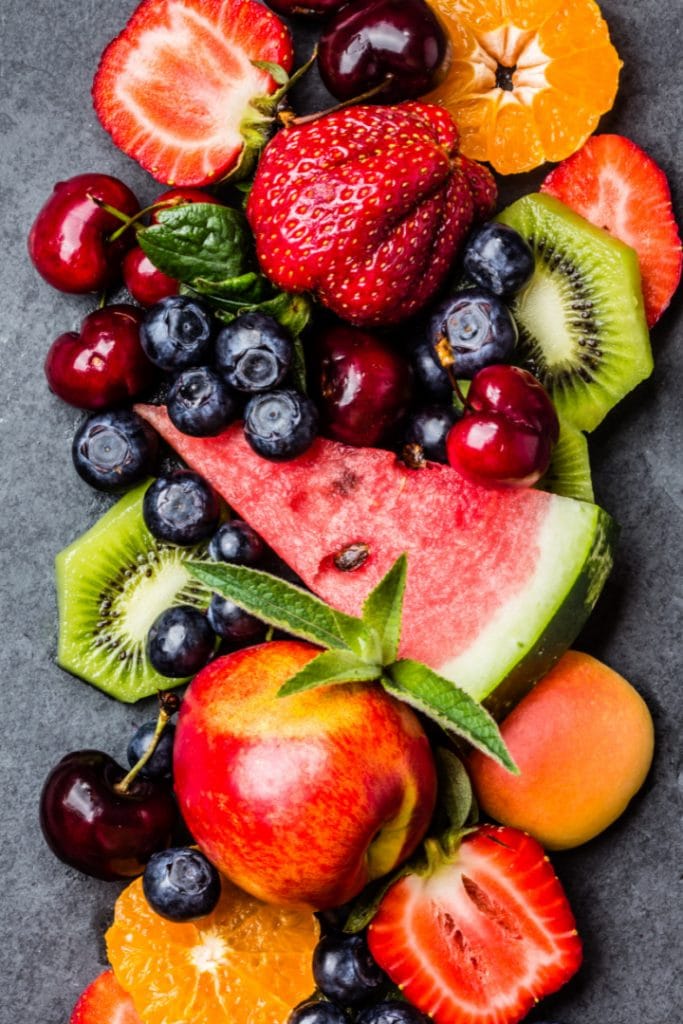
Fruits are a delicious and nutritious staple of a plant-based diet, offering a rich source of vitamins, minerals, and natural antioxidants. They help support immune function, provide essential hydration, and offer a natural sweetness that can satisfy cravings while keeping your diet balanced and healthful.
- Apples
- Pears
- Oranges
- Grapes
- Pineapple
- Nectarine
- Peach
- Bananas
- Berries (strawberries, blueberries, raspberries, etc.)
- Kiwi
- Avocado
- Lemon
- Lime
- Melons (cantaloupe, watermelon, honeydew, etc.)
- And many, many more
Condiments
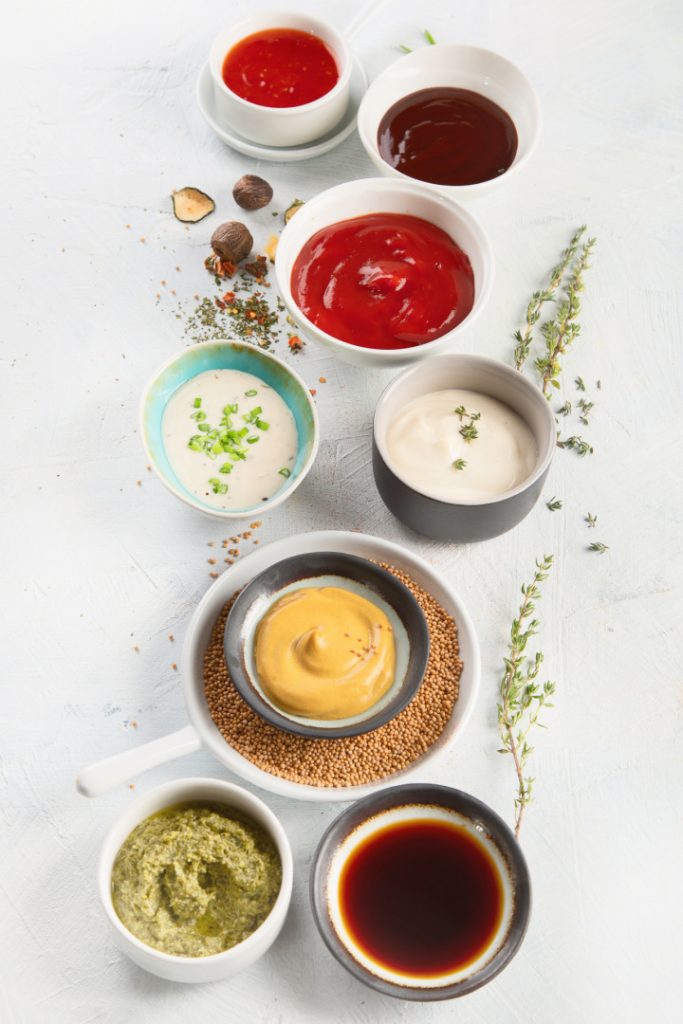
Healthy condiments on a plant-based diet, such as different varieties of vinegar, natural sweeteners, and low-sugar sauces, enhance flavor while adding nutritional benefits like antioxidants and essential vitamins. They allow you to enjoy a variety of tasty dishes without compromising on health, making meals both satisfying and nutritious.
- Balsamic vinegar
- Apple cider vinegar
- Rice vinegar
- Red wine vinegar
- Amino acids
- Tahini (this is a sesame paste. Usually found in the peanut butter section)
- Maple syrup
- Blackstrap molasses
- Dijon mustard
- Yellow mustard
- Ketchup
- Soy sauce or tamari
- Worcester sauce (make sure it doesn’t have anchovies)
- Vegetarian ‘oyster’ sauce
- Nutritional yeast
- Baking powder
- Baking soda
- Corn starch or arrowroot powder (for thickening)
- Vanilla
- Vegan, low-fat soup cups (Dr. McDougall’s brand)
Spices & Herbs
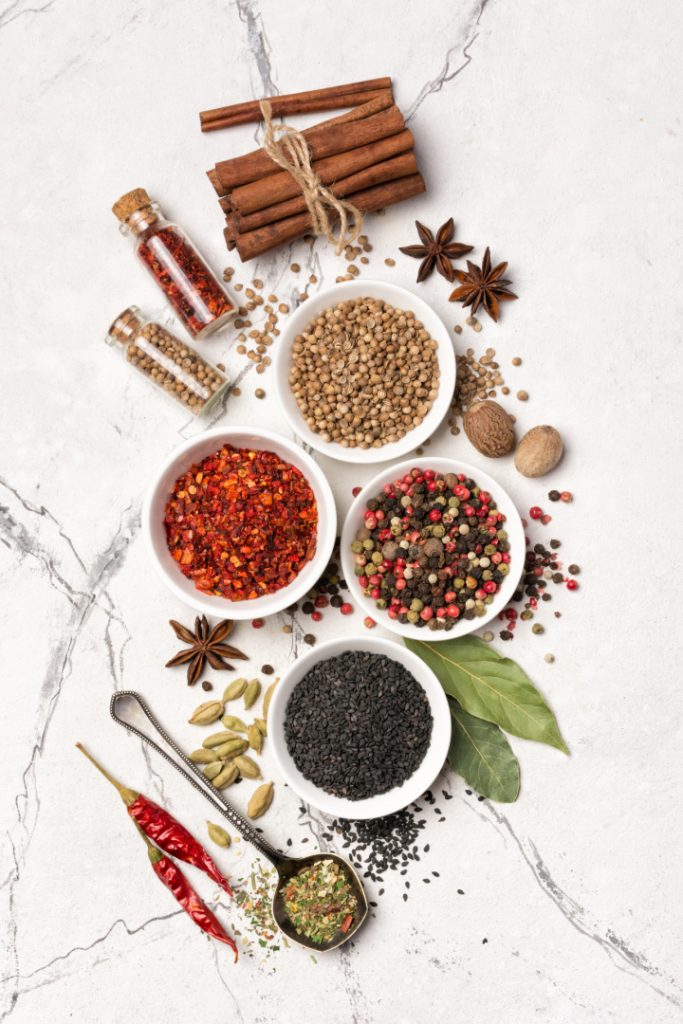
Spices and herbs are fantastic for a plant-based diet as they not only elevate the flavor of your meals but also pack a punch of antioxidants and essential nutrients. They can help boost metabolism, support digestion, and add a variety of health benefits, making your meals both tasty and nourishing.
- Italian seasoning
- Garlic powder
- Onion powder
- Paprika and smoked paprika
- Peppercorn mélange
- Turmeric
- Tarragon
- Cayenne
- Chili powder
- Cumin
- Steak seasoning
- Bay leaf
- Parsley
- Basil
- Oregano
- Red pepper flakes
- Just to name a few…
In this article on the top 15 spices for your plant-based kitchen, you’ll discover how these flavorful staples can transform your dishes while enhancing their nutritional value. From boosting flavor to providing health benefits, these spices are essential for creating delicious and wholesome plant-based meals.
Canned Foods
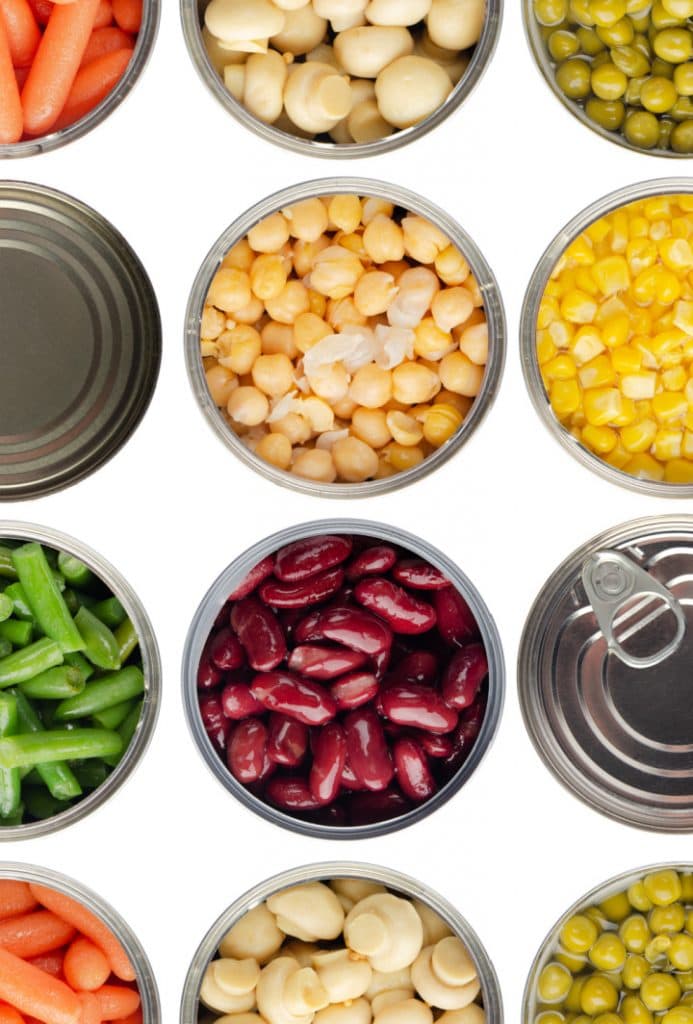
Canned vegetables and fruits are a convenient and nutritious addition to a plant-based diet, offering essential vitamins, minerals, and fiber while being shelf-stable. They provide a quick way to enjoy the benefits of produce year-round, making it easier to maintain a healthy and balanced diet.
- Beans
- Tomato paste
- Tomato sauce
- Artichoke hearts
- Water chestnuts
- Chipotles
- Cream corn
- Pimentos
- Baby corn
- Vegan low-fat soups
- Veggie broth (Making Veggie Stock from Scraps)
- Fire-roasted tomatoes
- Apple sauce
Refrigerator Foods
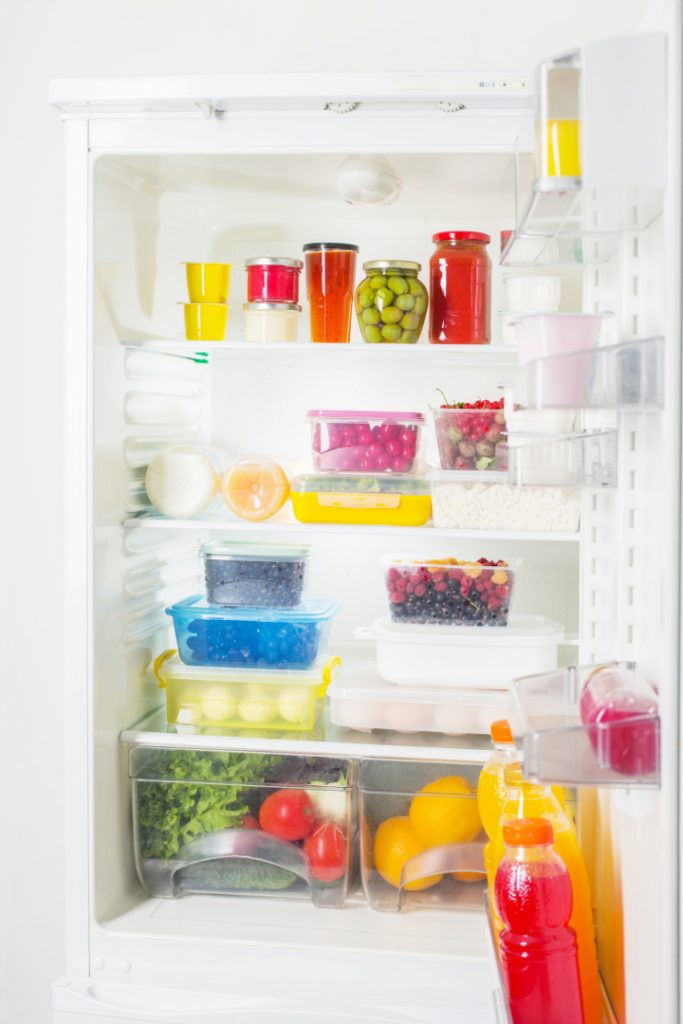
Refrigerated foods like hummus and tofu are excellent staples for a plant-based diet, providing rich sources of protein, healthy fats, and essential nutrients. They add variety and convenience to your meals, making it easier to maintain a balanced and satisfying plant-based lifestyle.
- Hummus
- Plant-based milk (soy, almond, rice, etc.)
- Tofu (firm, extra firm, silken)
- Tempeh
- Seitan
- Lemon juice
- Flax meal
- Salsa
Frozen Foods

Frozen foods are a fantastic option for a plant-based diet, as they preserve the nutritional value of fruits and vegetables while offering convenience and variety. They make it easy to incorporate a wide range of healthy, nutrient-dense ingredients into your meals, ensuring you have access to wholesome options year-round.
- Ezekiel bread (they are kept in the freezer section of many grocery stores)
- Hash browns
- Fruits (like berries, etc.)
- Chopped spinach
- Corn nibbles
- Green peas
- Mixed veggies
- Stir fry veggies
- Pizza crusts: Sami’s Bakery Millet & Flax
- Whole-grain bagels
- Whole-grain buns (for bean burgers and carrot hot dogs)
Sweeteners
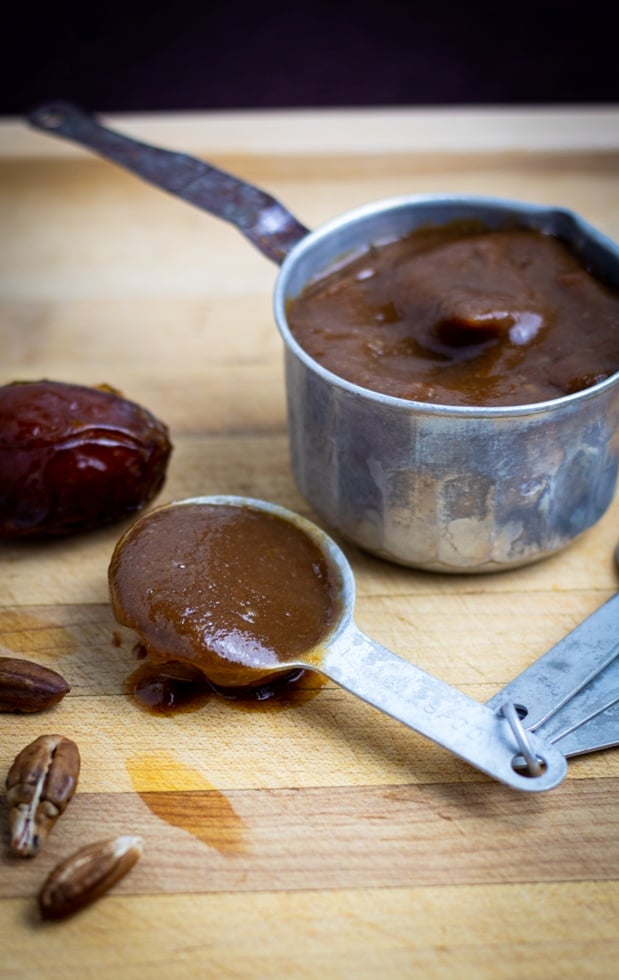
Healthy sweeteners, like maple syrup, agave nectar, and dates, are excellent choices for a plant-based diet as they offer natural sweetness while providing additional nutrients and less refined sugars. They help satisfy your sweet cravings in a more wholesome way, enhancing the flavor of your dishes without compromising your dietary goals.
- Homemade date paste and raw dates
- Maple syrup
- Date syrup
- Granular less refined sugars like sucanat, pure cane, maple, date, and others
- Agave nectar
- Honey (if not pure vegan)
- Molasses
Vegan Meat Alternatives

Healthy meat alternatives are a great addition to a plant-based diet, offering high-quality protein and essential nutrients while providing satisfying textures and flavors. These options, such as tofu, tempeh, and seitan, make it easier to enjoy a diverse and balanced diet without sacrificing taste or nutrition.
- Tofu
- Tempeh
- Soy curls
- Seitan
- Lentils
Easy Plant-Based Recipes
Here’s a tasty sneak peek at some delicious plant-based recipes you can whip up with the ingredients I’ve just mentioned. Get ready to dive into a world of flavor with these scrumptious creations!
For those of you new to the whole food plant-based lifestyle, we’ve created a FREE 7-Day Plant-Based Menu Planner to help you get started!
Breakfasts

- Tofu Breakfast Scramble
- Banana Oat Dairy-Free Pancakes
- Applesauce Cinnamon Vegan Muffins
- More Plant-Based Healthy Breakfasts
Main Dishes
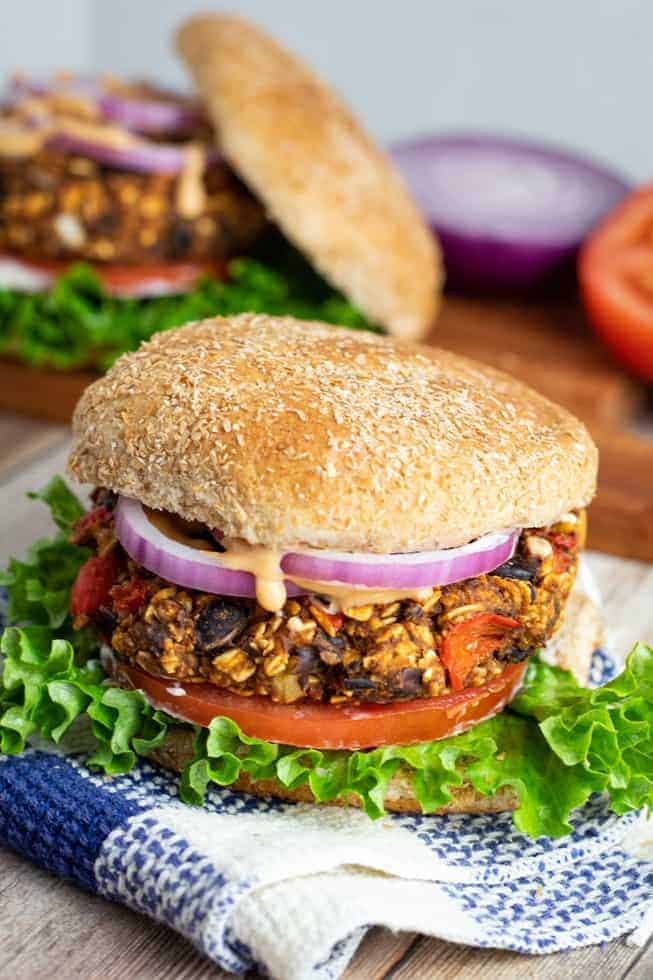
Sides
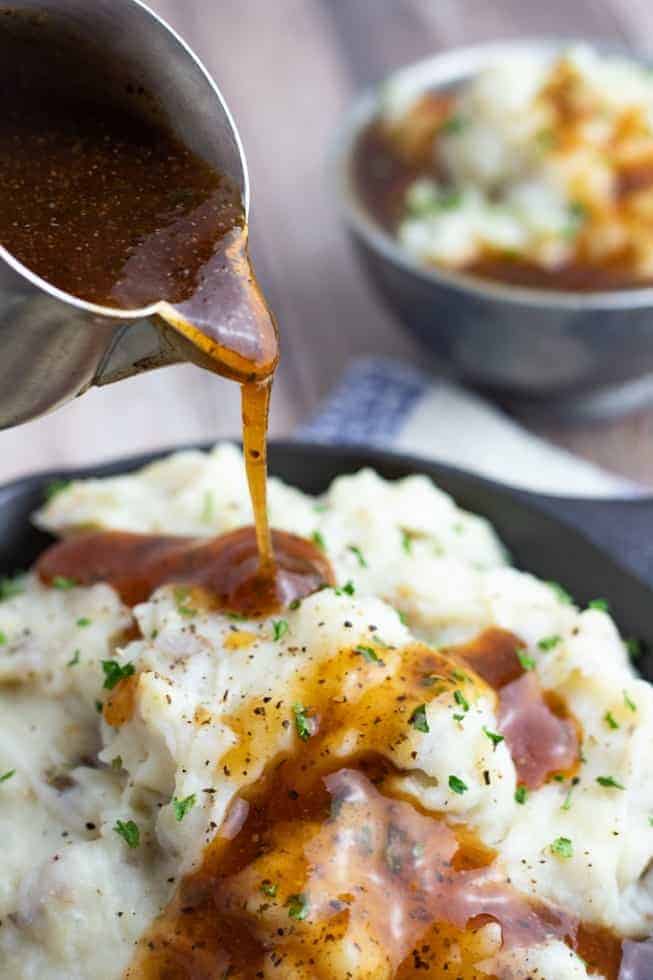
- Dairy-Free Mashed Potatoes
- 10-Minute Vegan Brown Gravy
- Veggie Pasta Primavera
- More Plant-Based Sides
Soups
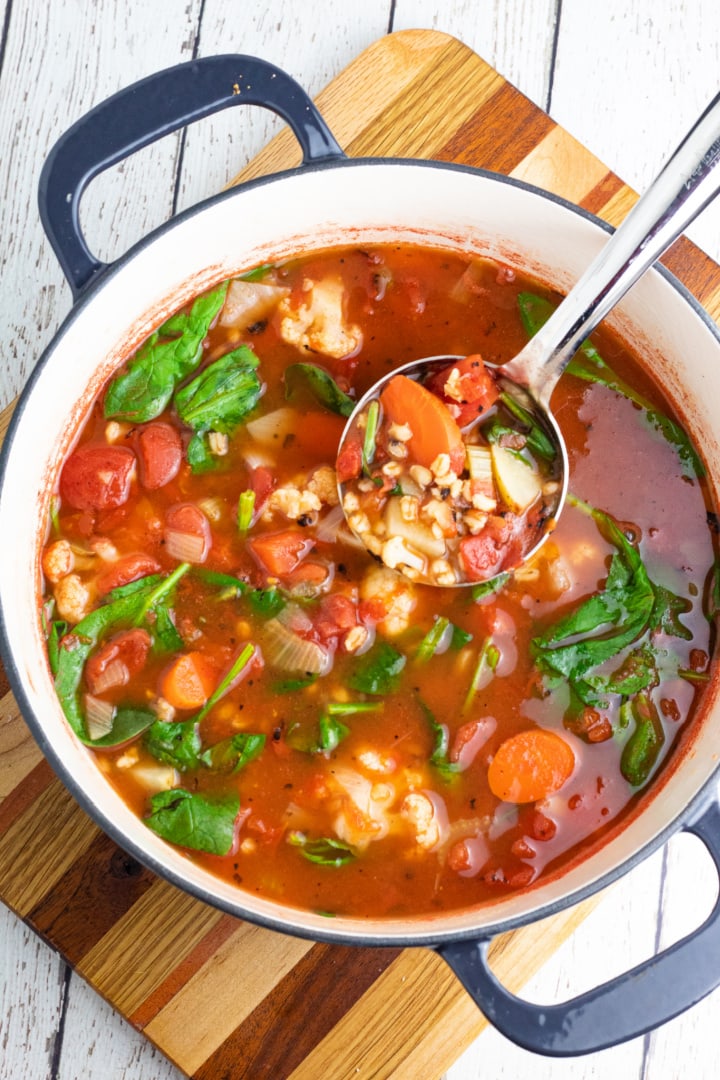
- Barley Vegetable Soup
- Creamy Dairy-Free Butternut Squash Soup
- Hearty White Bean Soup
- More Plant-Based Soups
Desserts
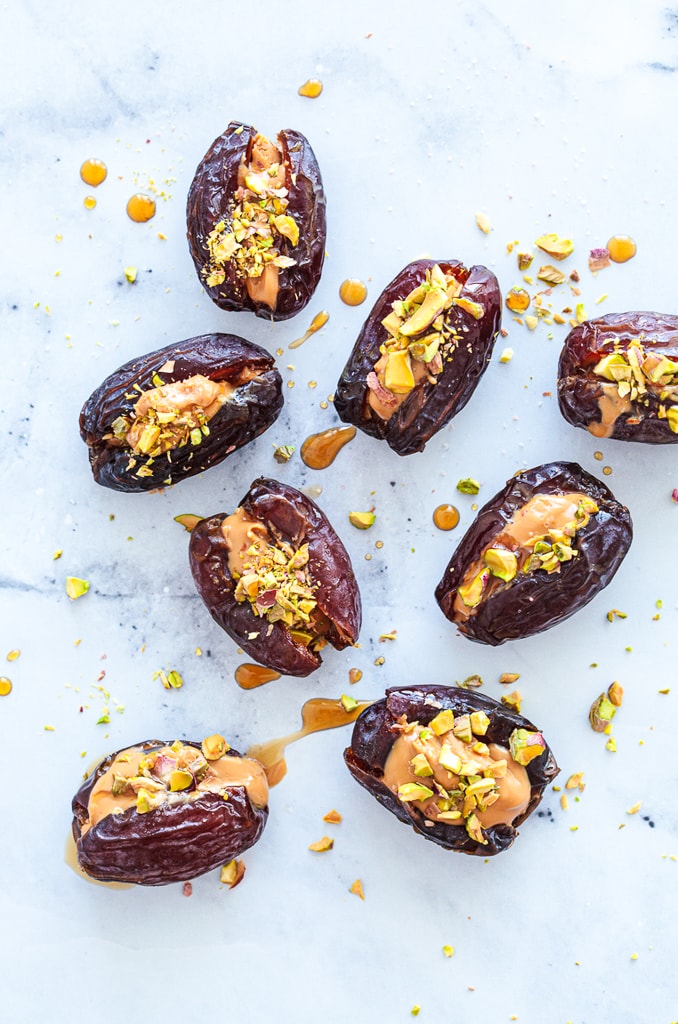
The Bottom Line
I hope this comprehensive plant-based diet food and grocery list becomes a helpful companion on your journey to a healthier lifestyle. It’s thoughtfully designed to make your shopping simpler, ensure you’re stocked with essential ingredients, and support you in creating delicious, wholesome meals.
Grocery List PDF Download
This is a link to a downloadable Whole Food Plant-Based Diet Grocery List PDF. If meal planning is something you need a little help with, this article Plant-Based Meal Planning 101 can assist with that too.
This is an excellent 15-minute video with plant-based nutrition expert, Jeff Novick, on grocery store shopping. And, these are his 10 Simple Plant-Based Meals for Beginners.
Helpful Articles:
- Plant-Based Guide for Beginners
- Plant-Based Starter Kits (includes a book and a DVD set of lectures from Dr. Neal Barnard)
- How to Start a Plant-Based Diet: Fast Way vs Slow Way
- What is a Plant-Based Whole Food
- Plant-Based Meal Planning 101
- Jeff Novick’s 10 Simple Recipes in Less than 20-Minutes
- Whole Harvest: Plant-Based Meal Delivery Service Review
I hope this plant-based diet shopping list will help get you started well on your new journey. It will be a wonderful adventure! Happy cooking and health everyone!
*Originally published November 09, 2015.
About Terri Edwards
Hi guys! I am the content creator behind EatPlant-Based and a licensed Food for Life instructor with the Physicians Committee for Responsible Medicine. I am passionate about sharing healthy recipes and tips to empower others to get healthy. I’m so glad you’re here! Read More…

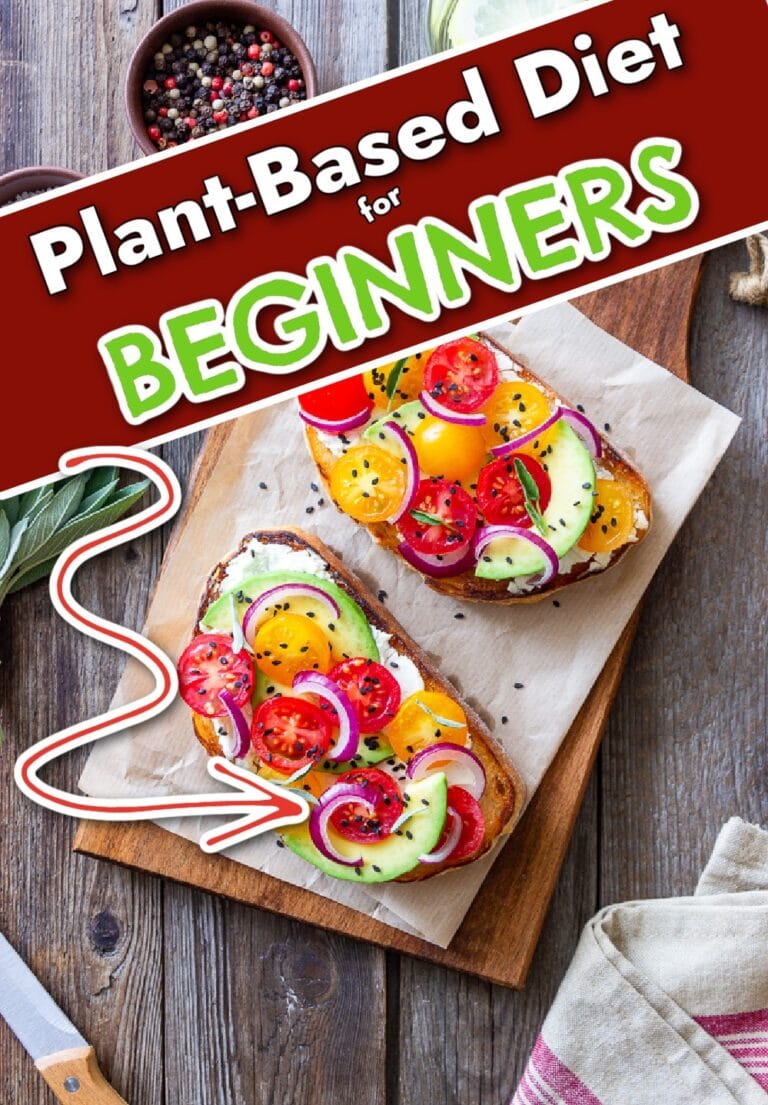
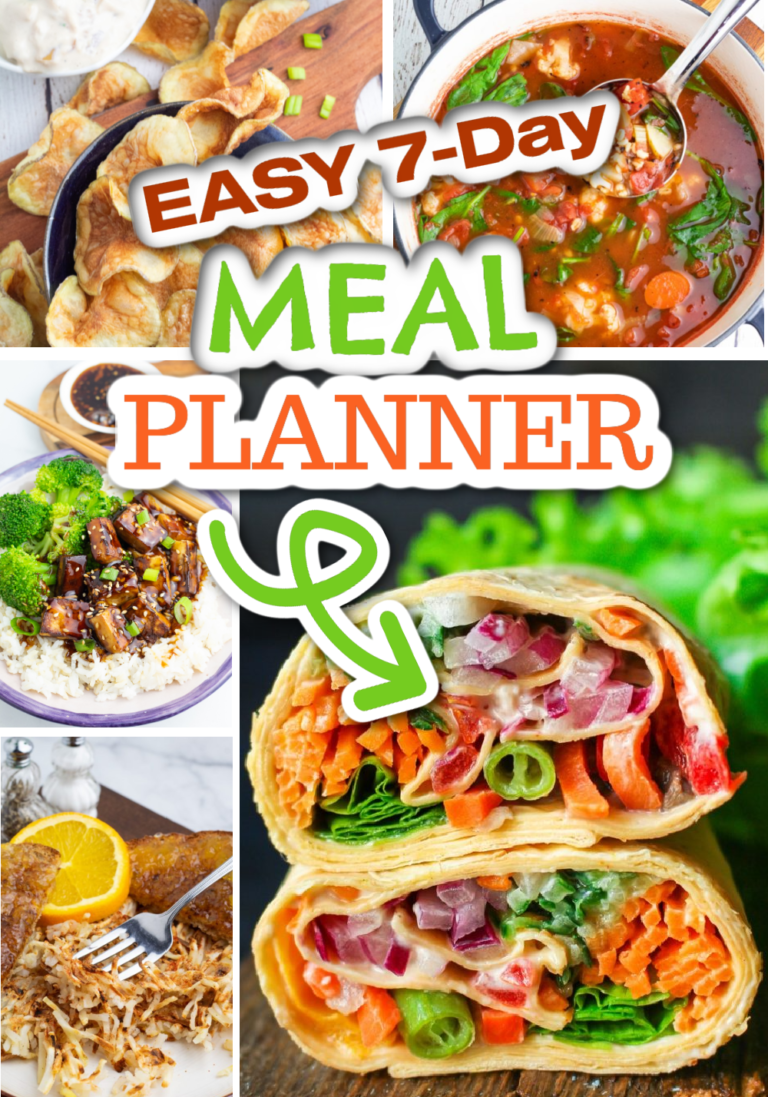
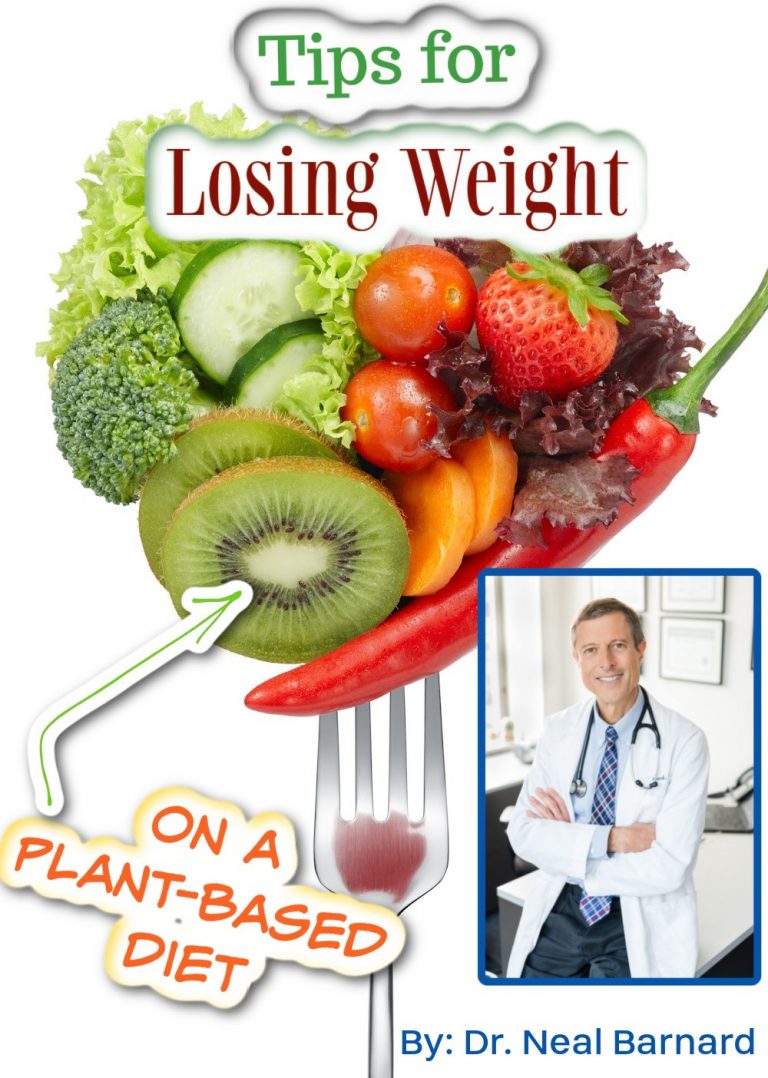
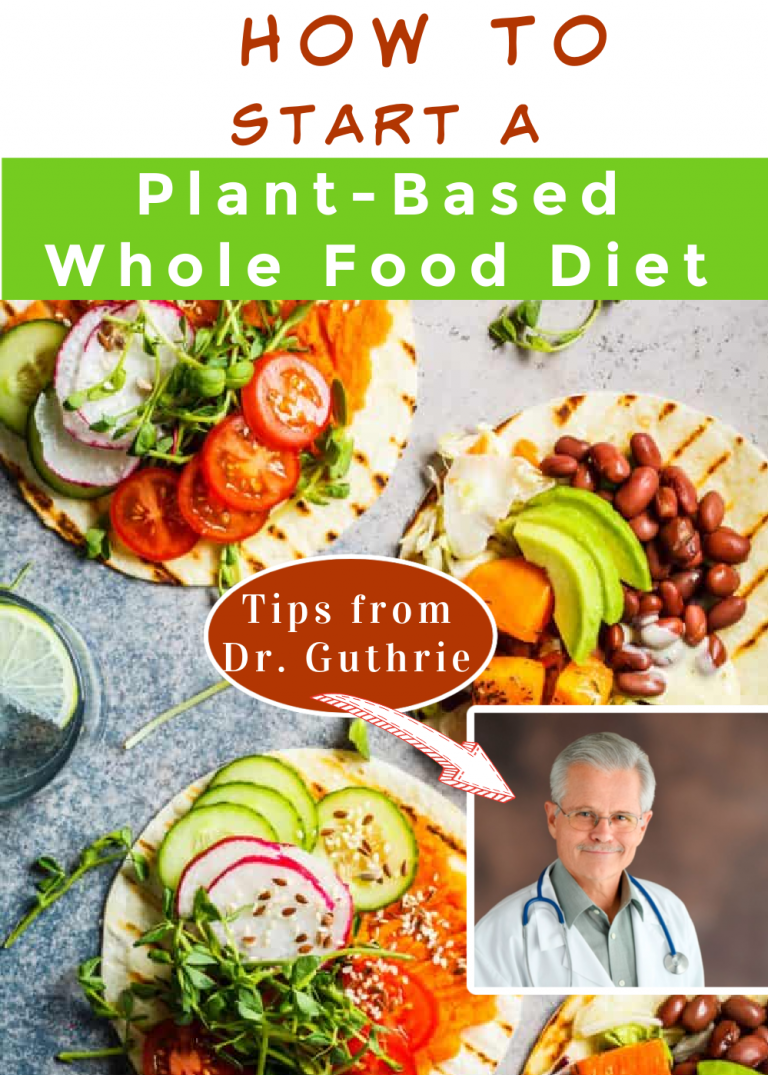

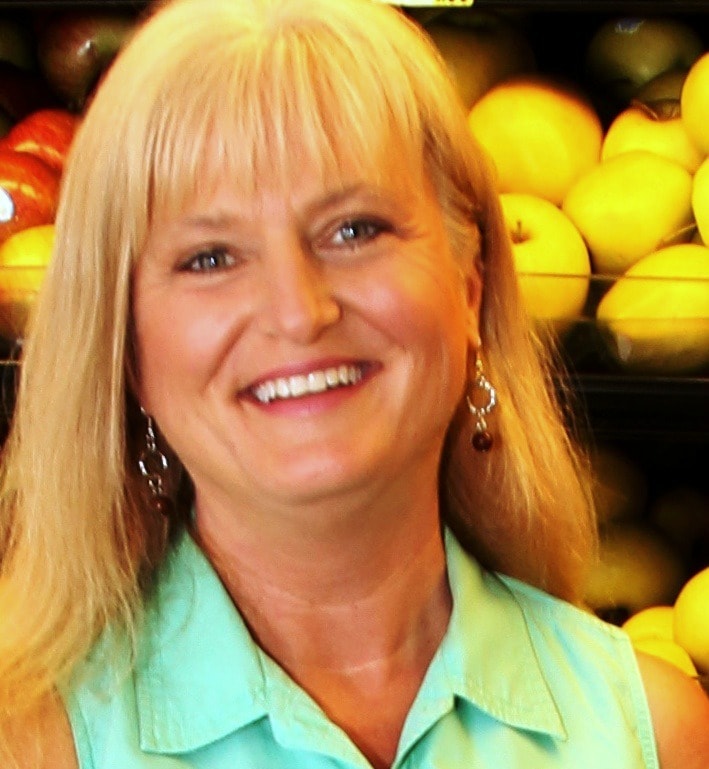
why not eat yogurt?
Yogurt is a milk product and has animal protein, which is not health-promoting. This short video about yogurt may be helpful. https://nutritionfacts.org/video/benefits-of-blueberries-for-blood-pressure-may-be-blocked-by-yogurt/
I am considering a plant based way of eating, per suggestions from my daughter. She and her husband are eating this way and have nothing but good things to say. I am currently on weight watchers and I’m in a quandary over can I do this on WW, can I give up meat, eggs,cheese and all other milk based products. Can I do this with WW.
How do I sign up for your newsletter?
There is a ‘subscribe’ button on the top right-hand side of my page. Just enter your email address to receive all my latest blogs as they are published. Thanks so much for following!
Thx so much!
Thank you so much Terri! I enjoy your articles and tips! And since the cooking summit last October, I have learned so much more about WFPB cooking and eating! Honesty, my weekly (sometimes daily) “go to” is my Instant Pot!!!! It has helped introduce easier and healthier ways to prepare our meals!! Thanks for your help and introducing it to me!!
❤my InstantPot❤
Hi Melissa, It is wonderful to hear that you are still excited and learning so much. Yes, the InstantPot is amazing! Leslie Haas is the expert in that area, and I learned so much from her too. She’s the InstantPot Queen!
Thank you!
You’re welcome! 🙂
I love this post, very helpful! I’m a vegetarian going vegan 🙂 I’m not sure if you’ve heard of them but for about a year now I use flavor god seasonings. They are very flavorful and I add them to all my meals! (Yes, i even bring them for when I eat out) best of all? For the size and amount you get, the price is very affordable! http://www.flavorgod.com I went to their page and asked a specialist through their web chat to clarify what seasonings are vegan friendly.
Flavor God Specialist:
“All Flavor God seasonings are Gluten Free and most are Vegan (not Vegan is Ranch. They are also Kosher certified and are manufactured under the supervision of the Kashruth Division of the Orthodox Union. Also, all seasonings are Paleo, except Honey BBQ, Gingerbread Cookie, Pumpkin Pie & Chocolate Donut – these are the only non-paleo seasonings.”
This is great! Just what I needed. 🙂
Casey
This is scoop helpful. Thanks so much.
These are some great guidelines! Really helpful whether you’re fully vegan or just exploring the healthy eating thing. I shared this on my blog today. Thanks for the inspiration! http://healthylittlechanges.com/2015/08/05/whole-foods-plant-based-shopping-for-beginners/
Hi Lindsay, that’s terrific! I am glad you found it useful and inspiring. Thanks for sharing it with your followers, and I hope it will helpful for many of them. Great blog! 🙂
Interesting reading. Ive switched to this PB diet. But im not sure about stocking so many tins. You can buy packets of beans and soak overnight. What milk products have you tried or tested as ive stopped cows milk.
Hi Shelley! I agree, soaking beans overnight is the way to go if you have time and advanced notice. I love to soak three different beans together overnight, then cook in my crockpot all day while I’m at work. Nothing better than coming home to the smells of basil, thyme, onion, garlic, and the other spices cooking with the beans. Yum! To answer your question about plant milks, I like almond milk and also use soy milk at times. Best of luck on your new plant-based journey!
I am new to do this PB diet. I too work all day and it is very hard to come home to cook for an hour each night. I have always used my crock pot and love crock pot meals. Do you have any links to great recipes for the crock pot that are PB?
Kelly, that’s a good question. Here are a few slower cooker recipes to get you started.
• Chili Beans https://eatplant-based.com/sunday-lunch-healthy-style/
• Hearty Vegetable Stew https://www.forksoverknives.com/recipes/hearty-vegetable-stew/
• Smoky Sweet Potato Chili https://www.forksoverknives.com/recipes/sweet-potato-chili-recipe/
• Irish White Bean Cabbage Stew https://www.forksoverknives.com/recipes/irish-white-bean-and-cabbage-stew/
Happy slow cooking!
I have a really big problem with the texture of beans, what can I use instead? I am thinking it is time to change my life, but am very hesitate because of the texture problems I have. Any ideas would be very much appreciated!
Hi Jen, thanks for stopping by! I found a thread on a forum I like to visit that has ideas for bean substitutions. Looks like hominy is a good choice. Here’s a link to that discussion that might be helpful. https://www.drmcdougall.com/forums/viewtopic.php?f=41&t=48092&p=495106&hilit=substitute+for+beans#p495106
Good suggestions but do you realize the Dr. McDougall’s soups have yeast extract, which is another form of msg?? Another reason not to buy pre made foods! A better option is to keep miso and veggie broth on hand to make a quick veggie soup.
Hi Misha, I just checked the ingredients list, and there is no MSG in the variety of McDougall soup cups that I have on-hand. Also checked on Dr. McDougall’s forum where I have many friends, and there’s no discussion about MSG in the products. I do know that Dr. McDougall no longer owns the food products that carry his name, as he sold the company. I would be very interested in a link to where you found your information, if you wouldn’t mind sending it to me. And, you’re right, it’s always best to made your own when you can.
Just checked the hidden sources list, and yeast extract is one of those items that always contains MSG. Here’s the link: http://www.truthinlabeling.org/hiddensources.html.
Long gone are the days of truth in advertising! So sad!
Terri.
I too am a PBN graduate. What you’ve shared here is essential and oh-so-helpful.
Thank you.
Mary
Hi Mary! Thanks so much, and I really hope this finds its way to those just getting started with this way of health and life. So excited that T. Colin Campbell Center for Nutrition Studies picked it up, because it makes that so much more likely!
Hi Terri,
This is awesome!! I am a fellow graduate of the plant-based certificate program through e-Cornell and look forward to sharing this excellent guide on my page, Whole Living Nutrition.
Many thanks!
Beth
You’re very welcome! Thanks for stopping by, Beth! I’m going to find your page now and check it out. 😀